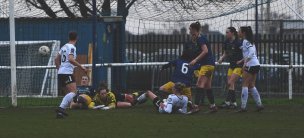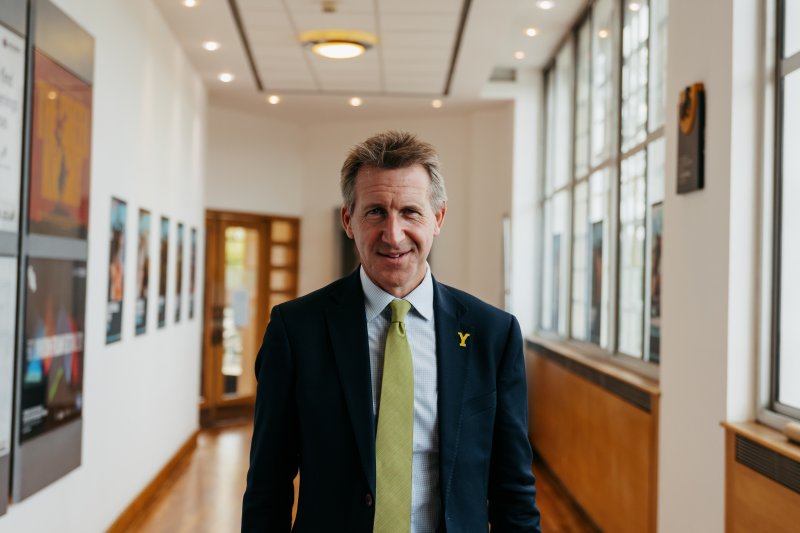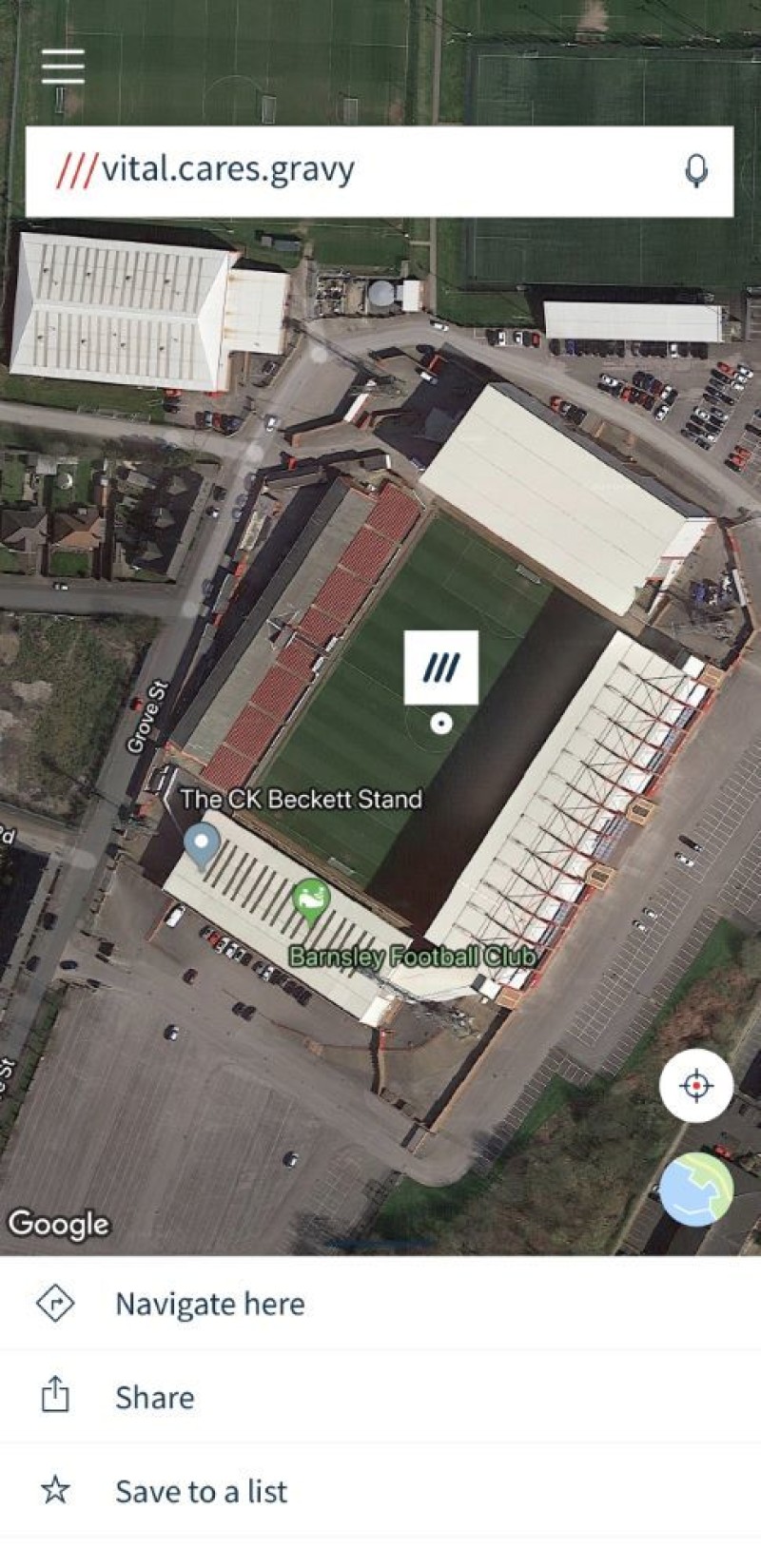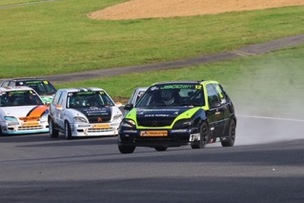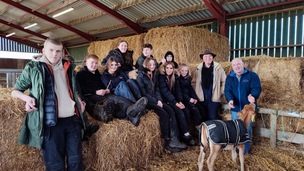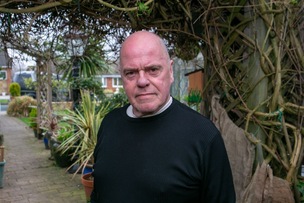EMERGENCY services in Barnsley are already making use of a potentially life-saving smartphone app which assigns a group of three randomly-chosen words to every 3m square of the earth’s surface.
What3Words takes the world map used by Google and overlays a grid onto it, assigning a unique string of three words to each of the 57 trillion squares - which can then be used like co-ordinates to relay that location to police, fire and ambulance services, as well as friends or family members.
The three-word combinations are designed to be easy to say and share, and are permanently linked to the same co-ordinates as typical satellite navigation systems that use much longer sequences of numbers.
For example, the entrance to the Chronicle’s offices is ‘tree.fairly.taped’, the war memorial on Barnsley Town Hall’s steps is ‘bats.traps.proven’, the centre spot at Oakwell is ‘vital.cares.gravy’ and the statue of Dickie Bird is ‘likes.wonderfully.begin’.
Someone who is lost can relay their three-word location to the person on the other end of the phone, who can enter them on the What3Words app or website to pinpoint the location exactly.
Woodhead Mountain Rescue Team (WMRT) press officer Steve Cullabine said the team had already seen the system successfully used to treat several casualties - but warned that there is no substitute for experience and an old-fashioned map and compass.
WMRT received a call-out last Wednesday after a female mountain biker fell on Hingcliff Common, near Langsett, and injured her arm.
While an ambulance crew were first on the scene, upon contact with the WMRT duty controller they were unable to give their exact location - until the duty officer suggested the What3Words system, which allowed WMRT to precisely home in on the ambulance crew, and from there the injured woman.
“It’s definitely got its place, but it will be more successful in semi-rural environments, where people aren’t carrying maps,” said Steve.
One of the app’s strengths is that it can be used to tell the user their three-word location even when the phone does not have enough signal to access the internet.
That means if someone is injured in a remote location without internet but is still able to make a call, they can share the three-word location and be located by emergency services. Or if someone is injured where there is no internet or phone reception, someone else can head off in search of phone reception and relay the location once they get a signal.
“Along with the ambulance, police and fire services - where it comes in really handy - it’s another tool we can use to find someone’s whereabouts, and we’re for it,” said Steve.
“But while we adapt and can receive both traditional co-ordinates and What3Words, we don’t want to encourage people to be reliant on technology.
“If you’re looking at the outdoor side of things where people are going up mountains and hills there’s no substitute for a map and a compass and the skills to use them.”
South Yorkshire Police hopes it can follow the footsteps of forces around the county, where What3Words has already been used to pinpoint the locations of serious road traffic collisions and find vulnerable domestic abuse victims.
Superintendent Bob Chapman said: “There are occasions where we get calls from people, who have found themselves in emergency situations with no idea where they are.
“This technology is a fantastic, additional tool that we can use to quickly and efficiently locate people who need our help.”
Chris Sheldrick, co-founder and chief executive of What3Words, said: “Being in need of urgent help and not being able to easily describe where you are can be very distressing for the person involved and a really difficult situation for emergency services.
“Today people nearly always have their phone on them. We need to use the tools at our disposal to improve public services and potentially save lives.”
Click here to find it.


